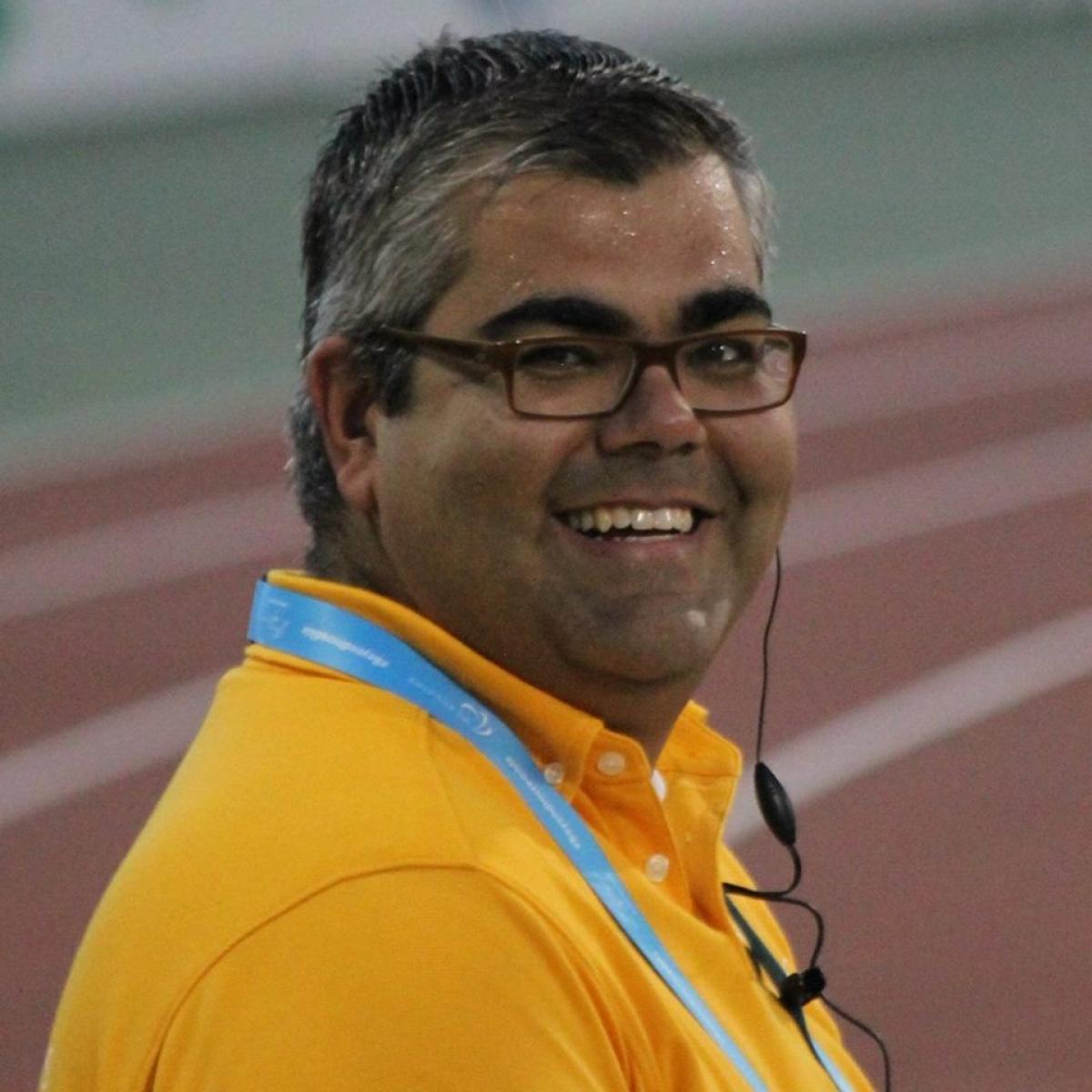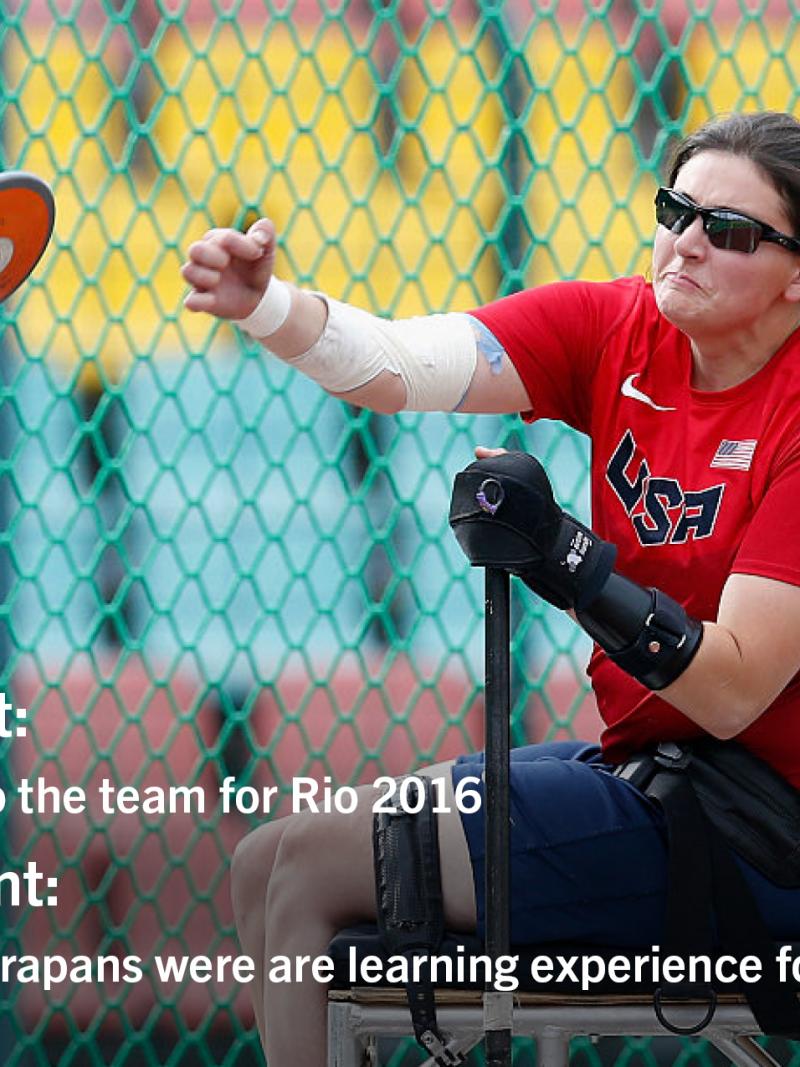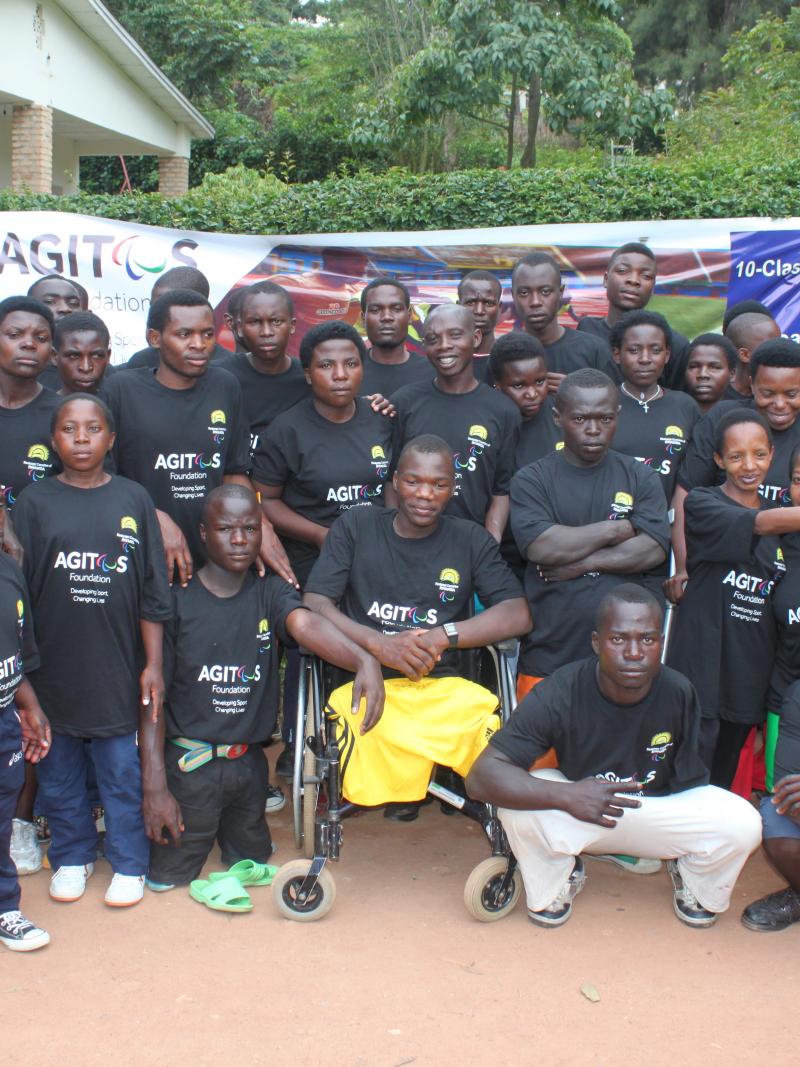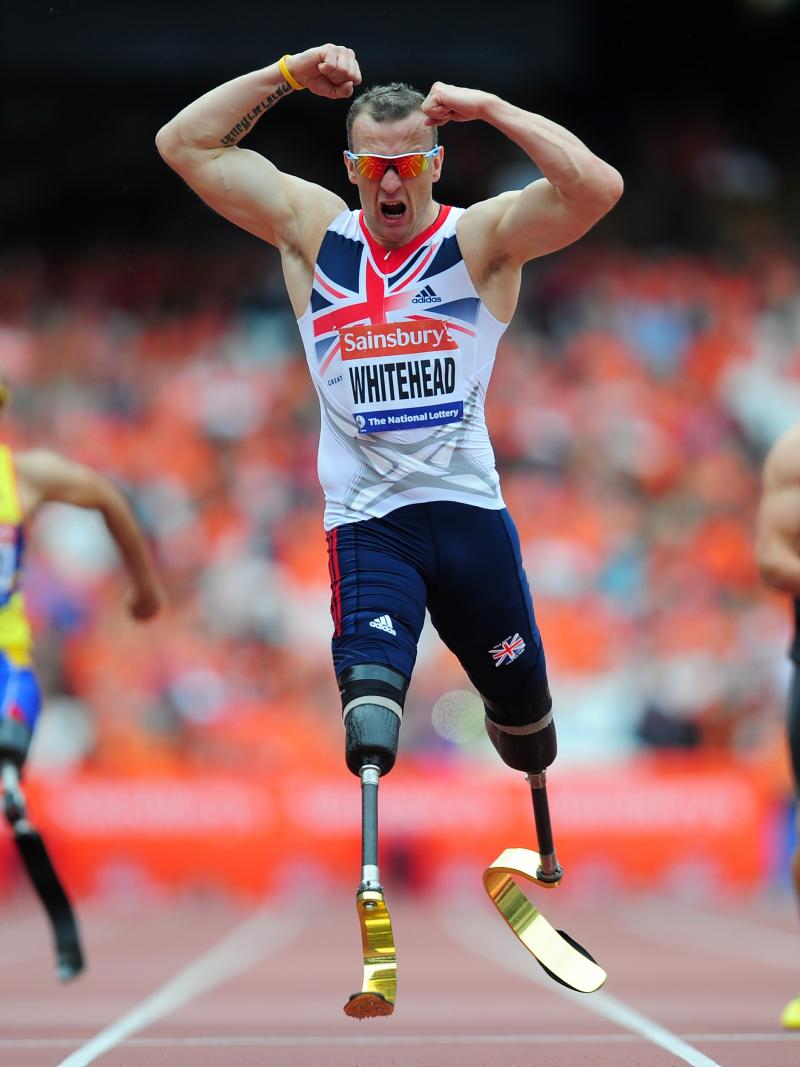Para athletics explained – Officials
Frederico Nantes, the Chief International Technical Official at September’s Rio 2016 Paralympic Games. 11 Aug 2016
Frederico Nantes is the IPC Athletics Chief International Technical Official at September’s Rio 2016 Paralympic Games.
In the final edition of ‘Para Athletics explained’ we hear from Frederico Nantes, the Chief International Technical Official at September’s Rio 2016 Paralympic Games.
Brazilian Nantes has been a Para athletics official since 2005, having started out as an official with the IAAF in 1999. Here, he talks about the role of a Para athletics official.
How much training is required to become an international official?
It is important to have plenty of experience in Olympic athletics and after that if you are a qualified official in Olympic events it is a very good start to be a good official in Para athletics competitions. Of course there are a lot of things that are exclusive to Para athletics and it is important to attend courses to understand the differences. In principle, the way of conducting the competition is the same, but we need to understand why we have special rules, and this is to allow the athletes to compete – not to give them any advantage. Training for officials enables them to understand the difference between sport classes. There are a lot of specialities and of course you can’t learn everything in one week.
How many officials are there at a major event?
At a Paralympic Games or World Championships you might have 210 – 220, including International Technical Officials (ITOs) and National Technical Officials (NTOs).
Do officials specialise in a specific event or do they work across different jumps, throws and track events?
ITOs must be qualified to oversee any event. Now we have a new rule where the ITO will be appointed as the referee. So the ITOs in track events will only work in track events during the whole competition, and the ITOs appointed for seated throws will work in this for the whole event – and so on. For NTOs it depends on where they come from and how their country operates.
What is the role of an official during a competition?
With the new rule, the ITO - who will act as referee - has a different role than they might have had in the past. The ITO will be responsible for the whole event, ensuring that the rules are followed. They deal with the athletes and any protests; they validate the results and solve any problems. The ITO will be much more active during the competition, where previously it was more of a supervisory role. The final decision comes from the ITO.
Do you have to be an NTO before you can become an ITO?
Yes – it is a must. It is the first step.
What is the difference between the role of an NTO and an ITO?
NTOs are the people who raise the flags, make measurements – that sort of thing. ITOs have more of a supervisory role, and the power of decision. It is a question of experience.
What qualities make a successful official?
They must be committed with their job, with knowledge of the rules. He or she must be able to concentrate throughout the whole event – some events can take a long time. The main qualities are technical knowledge and commitment to the job. With these qualities you have a great start – of course other things are very important too – good behaviour, the ability to interact with the team.
What are the main difficulties faced by officials?
The main issue is when situations are not covered by the rules, because there are so many permutations of disability. For example the rules for seated throws – the athletes must keep the back of the knee in touch with the seat until the implement is released. This is a challenge for an athlete who is a double leg amputee at a very high level – he will never accomplish with this rule. It is impossible to cover all the possible situations – every time we go to the track we see something different. We can try to anticipate as much as possible using our experience, but this is the main challenge we face. We will always face something that is not covered by the rules, so common sense is essential.

 Facebook
Facebook
 Instagram
Instagram
 Twitter
Twitter
 Youtube
Youtube
 TikTok
TikTok
 Newsletter Subscribe
Newsletter Subscribe



